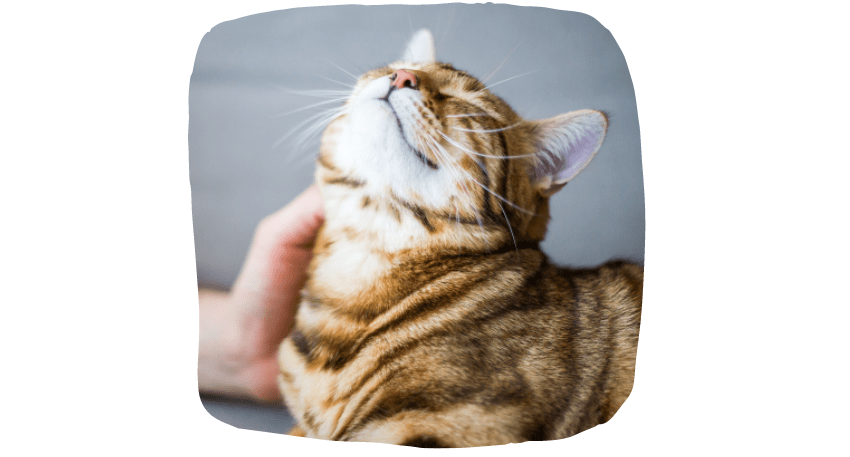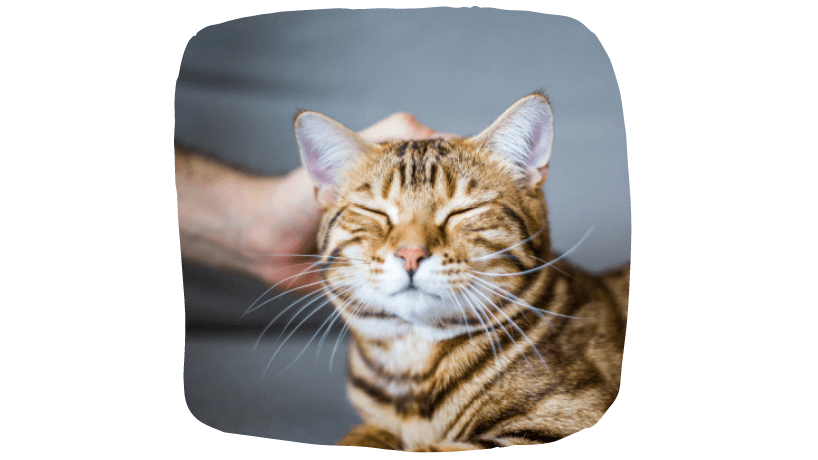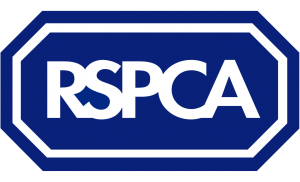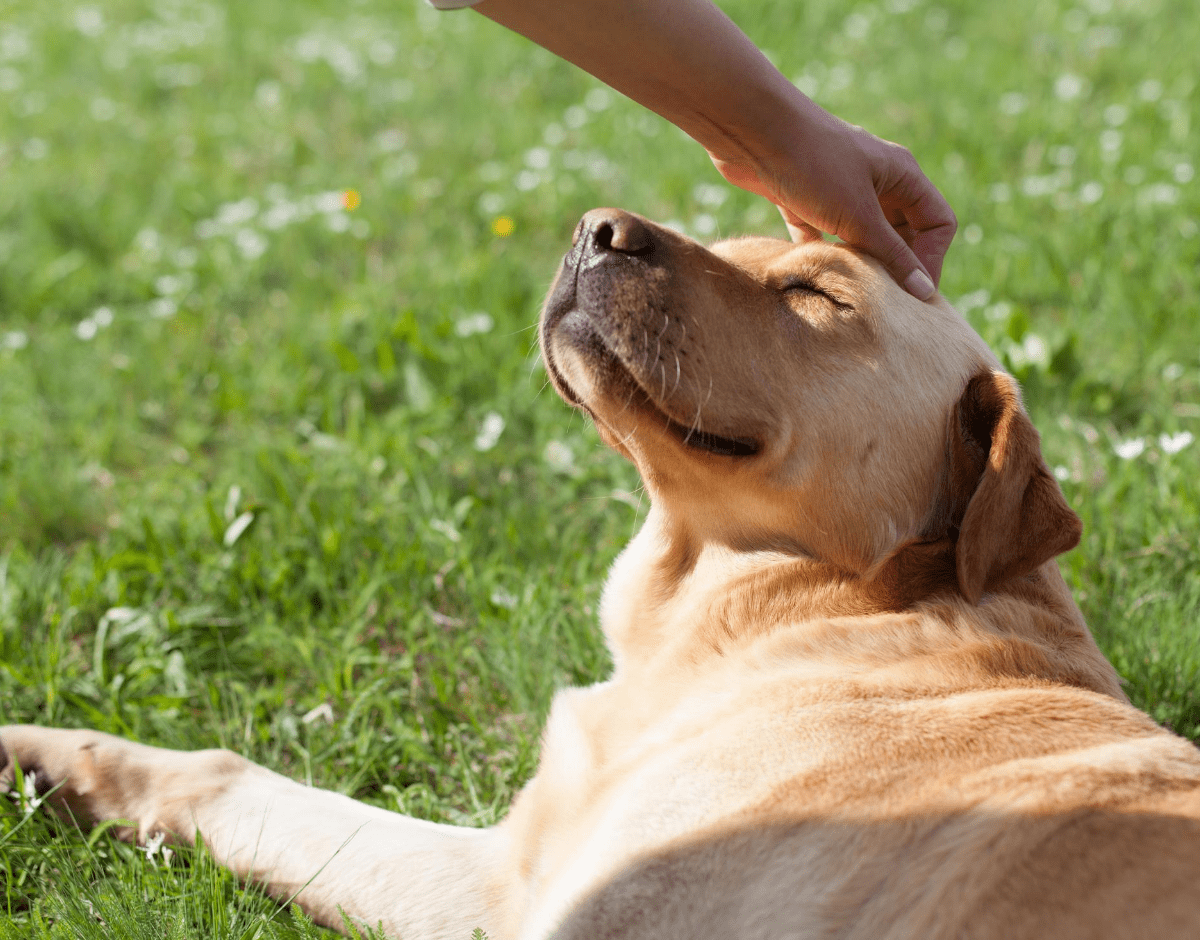What Do Rescue Shelters Look For During Home Visits? Why Are These Checks Important?
We see lots of people looking to rehome animals, but they struggle to meet the criteria of registered shelters. Barriers like work hours and having young kids or other pets in the home can result in a failed home visits. This forces many people to buy new instead of adopting.
The guidelines are there for a reason to ensure the animal finds a loving and caring home, which should always be the number one priority. However, it can be very disheartening for families when left feeling like they don’t meet the standards.
This blog is designed to go over shelter policies so that we can get a better understanding of what is in place and why. This can hopefully help to reduce the number of pets still in need of a nurturing home but also the amount of potential loving owners that are still looking.

So, what is a home visit?
Firstly, this process should not spark fear in prospective owners about being judged. Nor should it urge them to run around the house cleaning every last speck of dust, making sure it is completely spotless. Although a clean and clutter-free environment is important to some extent, this isn’t the sole purpose of the visit. There are many other things the shelter will be looking for in order to feel rest assured that your home is secure and stress-free.
The main purpose is to ensure the needs and welfare of the animal can be taken care of and supported. Another objective is to make sure you are fully equipped with information and advice about introducing a new pet into your home.

Factors that may be assessed during home visits
- Management of new arrival: How will they interact with each family member? Do you know how to introduce your new animal to existing pets in the home?
- Has the shelter provided you with enough advice and support surrounding pet ownership? Which breed is the best fit for your family?
- How might the behaviour and temperament of the animal be affected by your local area and home environment? E.g. low fences or busy main roads.
- A discussion about your everyday lifestyle and professional schedule. Where will the animal spend its day when you’re not around?
- Is the home safe? As examples, are there poisonous house plants or hazardous cleaning products that are easily accessible for the animal? Pets are incredibly inquisitive and playful, which can sometimes make them unaware of potentially harmful objects.
- For dogs, in particular, your outdoor space will be assessed, looking at fencing and how easy it might be to escape.

Final top tips for home visits
- It’s important that every family member is at home during the visit. Unfortunately, a lot of animals get rehomed because they are not the right fit for the entire family so the home visitor needs to get a chance to meet everyone.
- The more questions you ask the better! Don’t be afraid to find out as much as possible from your home visitor. A lot of people worry that asking questions makes them look ill-prepared, but showing that you’re committed to learning is a good thing.
- It is not a test or a quiz that they want you to fail on. If you provide open and honest answers then you are more likely to find the animal that is a perfect match.
- Volunteers are there to make the transition smooth and worry-free. So we encourage you to express any concerns you may have. Talking about your worries won’t make you look unreliable, but instead shows a willingness to look after the welfare of your animal to the best of your ability.

Advice from Cats Protection
“There really is nothing to worry about – we just want the best for you and for our cats.”

Advice from RSPCA

To look at the policies of your local shelter, find them here.
MEMBERSHIP DISCOUNTS FOR AUGUST:
Try a 1 Month Free Trial of our Premium Membership
Our Full Membership for just £4!

